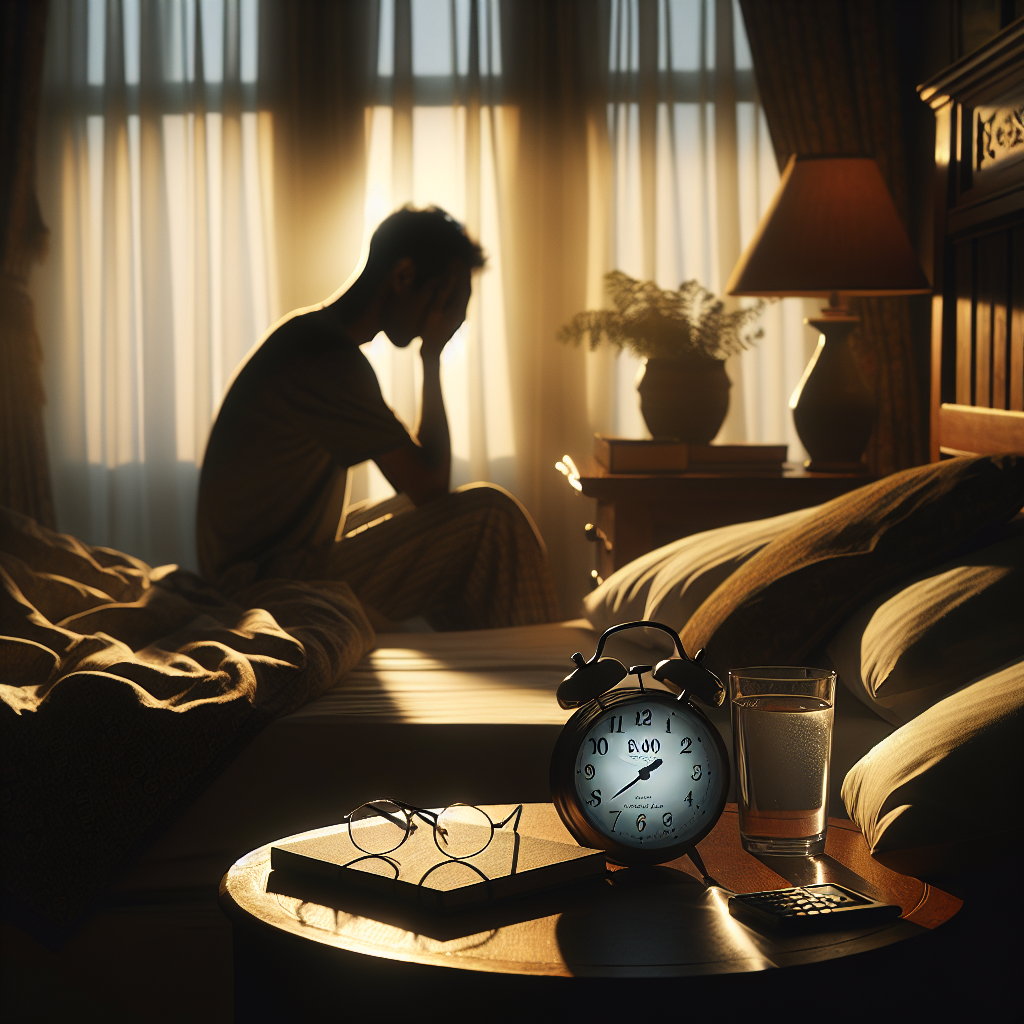Introduction
Many of us aim for the golden eight hours of sleep, expecting to wake up refreshed and energized. However, it’s not uncommon to still feel tired after 8 hours of sleep. This puzzling phenomenon can be frustrating and confusing. Here, we delve into the reasons why your sufficient sleep might not be as restorative as you think.
Quality Over Quantity
Firstly, the quality of sleep is just as important as the quantity. Disruptions during sleep, such as waking up frequently during the night, can prevent you from reaching deeper, more restorative stages of sleep. Factors like noise, light, or even temperature fluctuations can impact your sleep quality significantly.
Impact of Electronics
Electronic devices are a major culprit in poor sleep quality. The blue light emitted by screens can interfere with the production of melatonin, the hormone responsible for regulating sleep. Limiting screen time before bed and using features that reduce blue light can help mitigate this issue.
Underlying Health Conditions
Several health conditions can lead to feeling tired after 8 hours of sleep. Sleep disorders such as sleep apnea, where breathing stops intermittently during the night, significantly affect sleep quality. Other conditions like restless leg syndrome or chronic pain can also disrupt sleep cycles. Consulting with a healthcare provider to rule out these conditions can be a crucial step.
Lifestyle Factors
Your daytime activities have a profound impact on how you sleep. Lack of physical activity can decrease the quality of your sleep, while stress and anxiety can make it difficult to fall asleep or cause middle-of-the-night wakefulness. Incorporating regular exercise and stress-reduction techniques like meditation can improve sleep quality.
Dietary Influences
What you eat and drink can also affect how well you sleep. Caffeine and alcohol, especially when consumed close to bedtime, can disrupt your sleep cycle. Heavy meals or foods that you may be sensitive to can also cause discomfort and lead to poor sleep quality. Opting for a light dinner and avoiding stimulants in the evening might help improve your sleep.
Environmental and Psychological Factors
The environment you sleep in plays a critical role in how well you rest. A room that’s too hot or cold, too bright, or too noisy can all interrupt your sleep. Psychological factors, including depression and anxiety, are also significant contributors to chronic tiredness, regardless of sleep duration.
Creating an Ideal Sleep Environment
Improving your sleep environment can make a big difference. Ensure your bedroom is quiet, dark, and cool. Consider using blackout curtains, eye masks, or white noise machines to create an ideal sleeping atmosphere.
Conclusion
Feeling tired after 8 hours of sleep is a common issue with multiple potential causes, ranging from medical conditions to lifestyle choices. By addressing these factors, you can begin to wake up feeling refreshed and ready to tackle the day.


